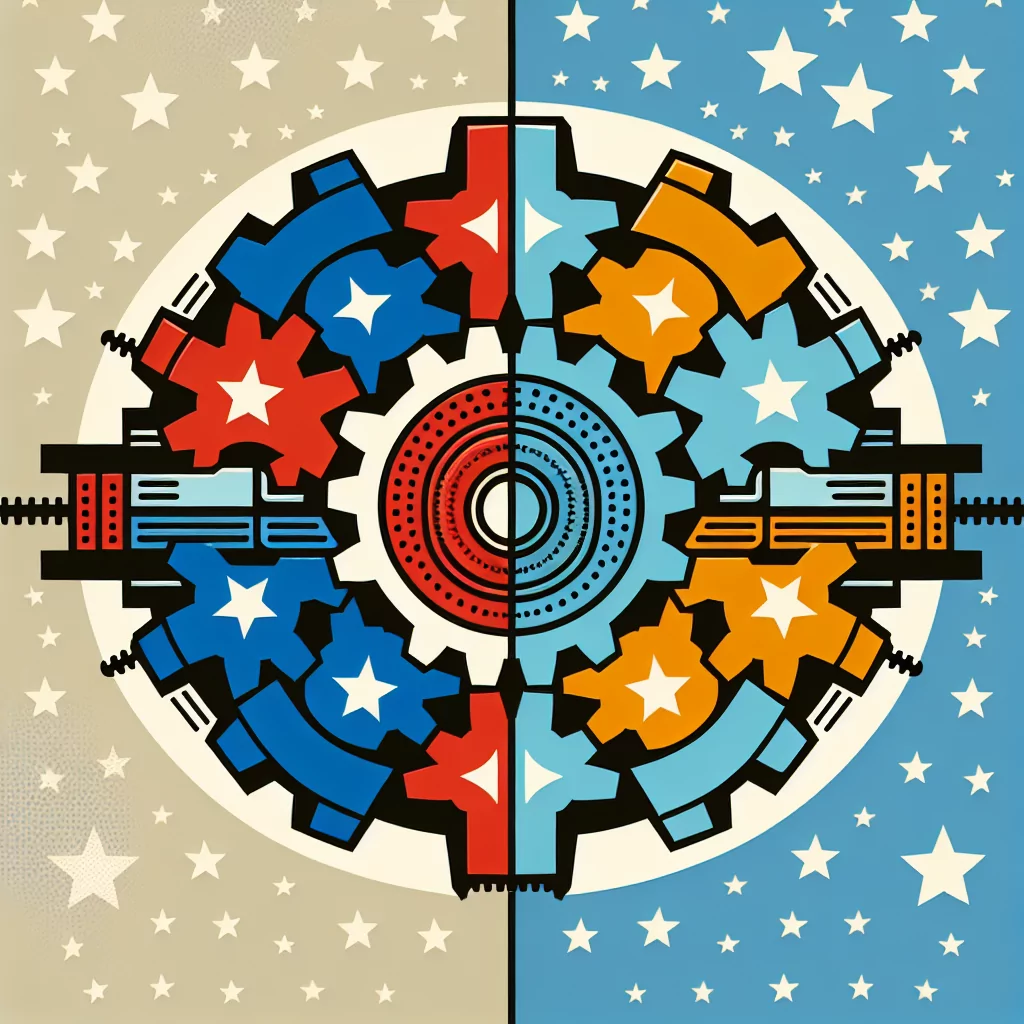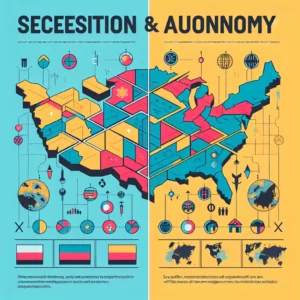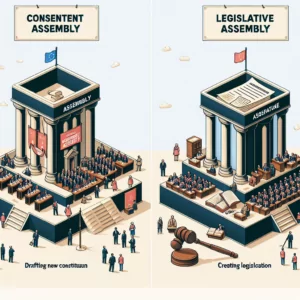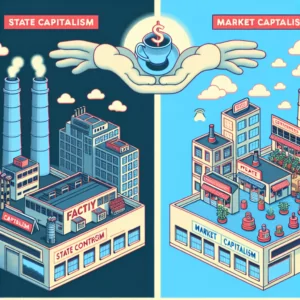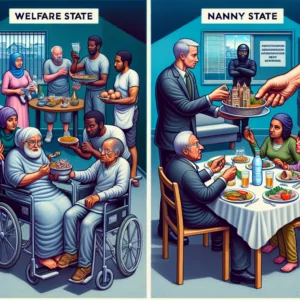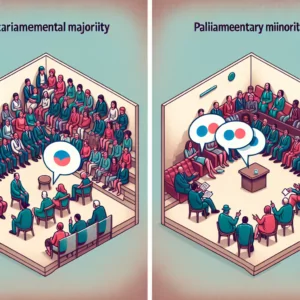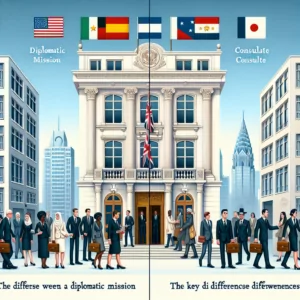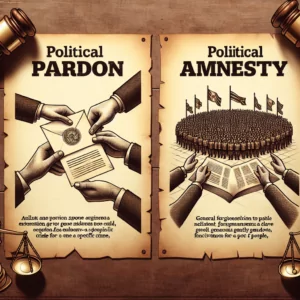In the intricate world of politics, coalitions and mergers are commonly used strategies. They are instrumental in gaining political power, advancing policy agendas, or simply surviving in a volatile political climate. However, as ubiquitous as these terms may appear, they are often misunderstood or used interchangeably. There is a subtle yet significant difference between a political coalition and a political merger. This article aims to explore this critical question: What is the difference between a political coalition and a political merger?
Understanding Political Coalitions and Mergers
A political coalition is an alliance between two or more political parties that, for various reasons, decide to work together in a government. They are usually formed when no single party can achieve a majority in a parliament or legislative assembly. The coalition partners maintain their distinct identities but agree to collaborate on certain policy areas, share ministerial portfolios, and support each other in votes of confidence. Political coalitions can be flexible and temporary, often formed for a specific purpose or period.
On the other hand, a political merger is when two or more political parties unite to form a single entity. This is a more permanent arrangement than a coalition. In a merger, the individual parties dissolve their separate identities and structures to create a new party. They share a common program, leadership, and party organization. Mergers usually happen when parties decide that their objectives and philosophies are closely aligned, and their collective strength would be greater as a single party.
Key Differences Between Coalitions and Mergers in Politics
After comprehending these definitions, we can better understand the answer to the question: What is the difference between a political coalition and a political merger? One of the key differences lies in the maintenance of individual party identities. In a coalition, parties maintain their distinct identities and operate independently, whereas in a merger, their individual identities cease to exist, and a new collective identity is formed.
Another crucial difference is the permanence of the arrangement. Coalitions are often temporary and flexible, formed for a specific purpose and dissolved once that purpose is achieved. Mergers, on the other hand, are permanent; once parties merge, they do not separate. They function as a single entity, sharing ideologies, structures, and strategies. Lastly, the level of integration varies significantly. In a coalition, parties collaborate on specific issues but retain their separate leadership and organization. In contrast, a merger leads to complete integration with a collective leadership and organizational structure.
Summary
In conclusion, political coalitions and mergers are both strategies used by political parties to gain power and influence. However, the differences between them are noteworthy. While a coalition is essentially an alliance of independent parties working together for a common purpose, a merger is a fusion of parties into a single unit. Understanding these differences is essential to grasp the nuances of political strategy and to comprehend the dynamics at play in various political scenarios. So, when asked, “what is the difference between a political coalition and a political merger?” – you’ll now know the answer.
Ever wondered What is the Difference Between Realpolitik and Idealpolitik? Click here to discover.

